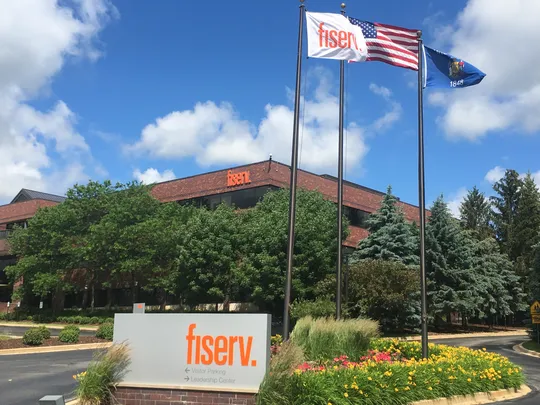The U.S. FinTech industry currently finds itself amid concurrent concerns that include:
- A rapidly evolving regulatory landscape
- Shifting consumer expectations
- Increasing competition from both traditional financial institutions and tech giants
Ian Moloney—SVP, Head of Policy and Regulatory Affairs at American Fintech Council (AFC), Washington, DC—recently moderated a panel discussion that addressed the key challenges and opportunities shaping the future of financial technology.
The collective insights offer valuable guidance for bankers seeking to understand FinTech’s trajectory and its implications for the broader financial sector.
Regulatory Hurdles for FinTech Innovation
One of the dominant themes of the discussion was the regulatory challenges facing FinTech companies. As regulators strive to keep pace with technological advancements, companies must navigate a complex web of compliance requirements.
“Regulatory ambiguity is one of the biggest barriers to innovation in FinTech,” notes Janet Hale, Senior Managing Director, FTI Consulting, Wayne, Pa. “Startups and established firms alike struggle to predict how new rules will impact their operations,” she comments.
Meredith Osborn— Partner at Arnold & Porter, San Francisco—emphasizes the need for proactive engagement with regulators. “Rather than waiting for enforcement actions to set precedent, FinTech leaders should work collaboratively with policymakers to shape a framework that fosters innovation while protecting consumers.”
Strategic Partnerships Between Banks and FinTech Firms
While some view the FinTech industry as a competitor to traditional banking, others see healthy collaboration. Banks have been increasingly partnering with FinTech firms to improve customer experience and streamline operations.
Harris Qureshi—Associate Director of State Government Affairs at San Francisco’s Flex—underscores the importance of this collaboration over out-and-out competition. “FinTech has revolutionized the speed and accessibility of financial services, but banks bring stability and regulatory know-how. The smartest players in this space are those who leverage the strengths of both.”
Meeting Modern Consumer Demands in Digital Finance
The demand for seamless, user-friendly digital experiences continues to shape the FinTech industry. Consumers expect real-time access to financial services, intuitive interfaces, and personalized products.
“The modern consumer expects financial services to function like their favorite apps: instant, intuitive, and hyper-personalized,” says Osborn. “FinTech firms that fail to meet these expectations will struggle to retain users.”
Yet, some panelists warn against over-reliance on automation. Qureshi points out that while AI-driven financial services offer efficiency, they can also alienate customers. “We can’t lose sight of the human element. When things go wrong, customers still want to speak to a person, not a chatbot.”
What’s Next for Digital Payment Technologies?
The panel also delved into the future of digital payments, with a particular focus on cryptocurrency and blockchain technology. While some executives are bullish on crypto’s potential, others remain skeptical.
FTI’s Janet Hale, however, offers a more optimistic perspective: “With the right safeguards, digital currencies could provide a more inclusive financial system. But regulators and industry leaders must work together to address fraud and market manipulation.”
The Affordability and Sustainability of Inclusive FinTech
Another key discussion point was the role of FinTech in expanding financial inclusion. Digital banking solutions have the potential to reach underserved populations, providing them with access to essential financial services.
“FinTech has the power to democratize finance,” says Qureshi. “We’re seeing innovative solutions that empower unbanked and underbanked communities. The challenge is ensuring these solutions are affordable and sustainable.”
Ethical concerns were also raised, particularly regarding data privacy and predatory lending practices. Osborn warns that some digital lending platforms exploit regulatory loopholes to charge exorbitant interest rates. “Innovation should not come at the expense of consumer protection,” she highlights.
Thriving in Tomorrow’s FinTech
As the FinTech industry continues to evolve, the panelists agreed on the need for adaptability and forward-thinking leadership. Whether it’s navigating regulatory hurdles, enhancing customer experience, or leveraging emerging technologies, the industry’s trajectory will be defined by its ability to balance innovation with responsibility.
“The FinTech landscape is changing faster than ever,” concludes Hale. “Companies that can anticipate trends, adapt to regulations, and prioritize customer trust will be the ones that thrive.”



















